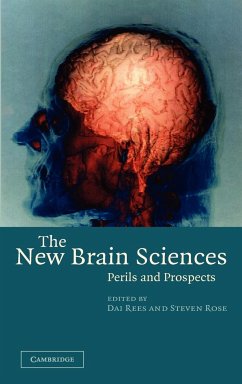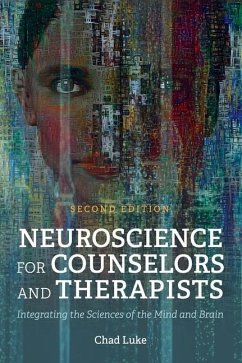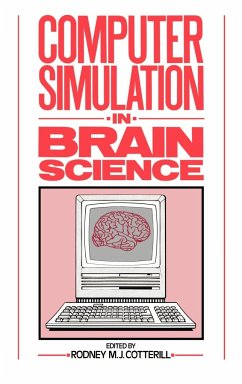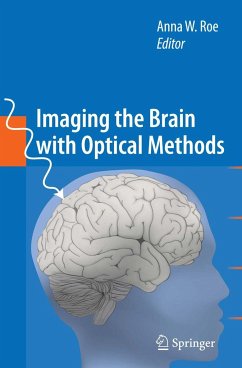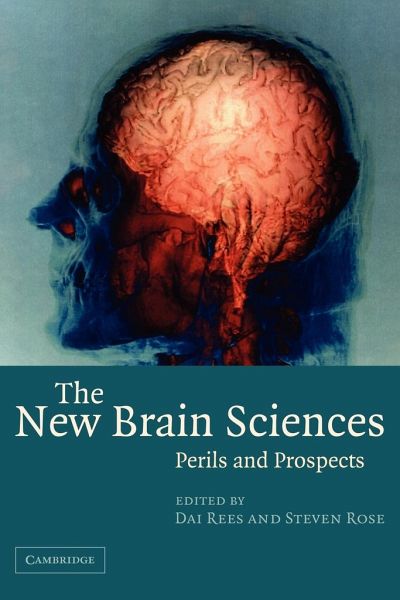
The New Brain Sciences
Perils and Prospects
Herausgegeben von Rees, Dai; Rose, Steven
Versandkostenfrei!
Versandfertig in 1-2 Wochen
74,99 €
inkl. MwSt.
Weitere Ausgaben:

PAYBACK Punkte
37 °P sammeln!
The last 20 years have seen an explosion of research and development in the neurosciences. Indeed, some have called this first decade of the 21st century 'the decade of the mind'. An all-encompassing term, the neurosciences cover such fields as biology, psychology, neurology, psychiatry and philosophy and include anatomy, physiology, molecular biology, genetics and behaviour. It is now a major industry with billions of dollars of funding invested from both public and private sectors. Huge progress has been made in our understanding of the brain and its functions. However, with progress comes c...
The last 20 years have seen an explosion of research and development in the neurosciences. Indeed, some have called this first decade of the 21st century 'the decade of the mind'. An all-encompassing term, the neurosciences cover such fields as biology, psychology, neurology, psychiatry and philosophy and include anatomy, physiology, molecular biology, genetics and behaviour. It is now a major industry with billions of dollars of funding invested from both public and private sectors. Huge progress has been made in our understanding of the brain and its functions. However, with progress comes controversy, responsibility and dilemma. The New Brain Sciences: Perils and Prospects examines the implications of recent discoveries in terms of our sense of individual responsibility and personhood. With contributing chapters from respected and influential names in neuroscience, law, psychology, philosophy and sociology, The New Brain Sciences should kick-start a discussion of where neuroscience is headed.





